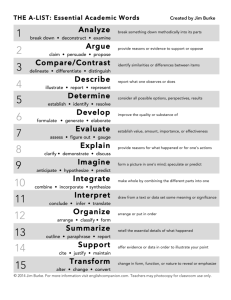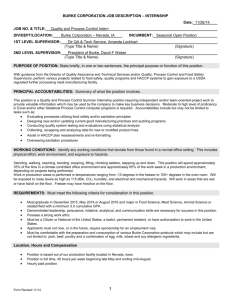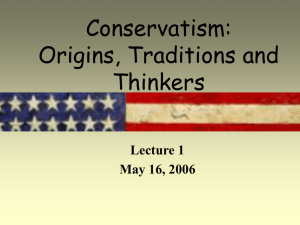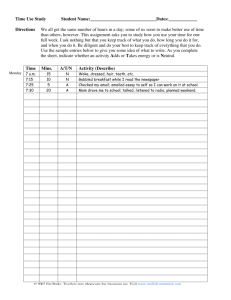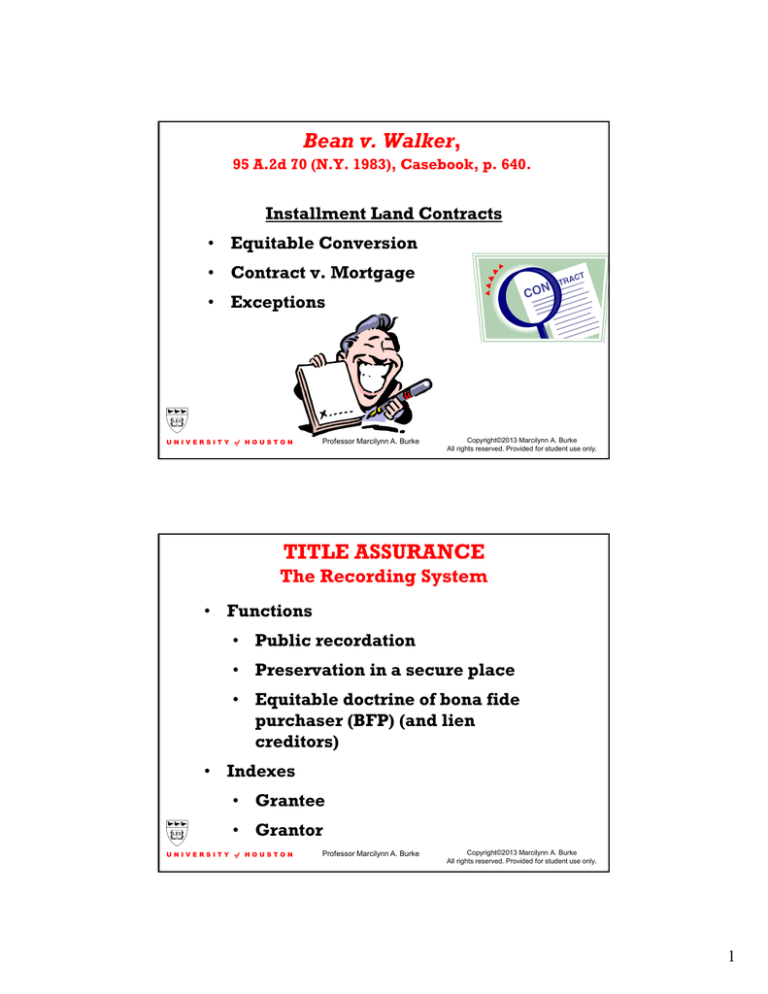
Bean v. Walker,
95 A.2d 70 (N.Y. 1983), Casebook, p. 640.
Installment Land Contracts
• Equitable Conversion
• Contract v. Mortgage
• Exceptions
U N I V E R S I T Y of H O U S T O N
Professor Marcilynn A. Burke
Copyright©2013 Marcilynn A. Burke
All rights reserved. Provided for student use only.
TITLE ASSURANCE
The Recording System
• Functions
• Public recordation
• Preservation in a secure place
• Equitable doctrine of bona fide
purchaser (BFP) (and lien
creditors)
• Indexes
• Grantee
• Grantor
U N I V E R S I T Y of H O U S T O N
Professor Marcilynn A. Burke
Copyright©2013 Marcilynn A. Burke
All rights reserved. Provided for student use only.
1
Bona Fide Purchasers and Recording
• Recording acts broadened the
equitable doctrine of BFP to protect a
subsequent BFP against prior
unrecorded interests.
• Common law rule of “first in time,
first in right” still controls unless a
person qualifies for protection under
the recording act.
Grantee-Grantor Indexes
U N I V E R S I T Y of H O U S T O N
U N I V E R S I T Y of H O U S T O N
Professor Marcilynn A. Burke
Copyright©2013 Marcilynn A. Burke
All rights reserved. Provided for student use only.
Charles II
Duke of York
Grandpa
Farmer (1860)
Farmer (1900)
Developer
(1911)
Rockefeller
(1910)
City (1935)
FDR (1920)
Van
Valkenburgh
(1960)
Mario Cuomo
(1945)
B.F.P. (1994)
Professor Marcilynn A. Burke
Copyright©2013 Marcilynn A. Burke
All rights reserved. Provided for student use only.
2
The Recording Acts
• Notice
• Race
• Race-notice
U N I V E R S I T Y of H O U S T O N
Professor Marcilynn A. Burke
Copyright©2013 Marcilynn A. Burke
All rights reserved. Provided for student use only.
Luthi v. Evans,
576 P.2d 1064 (Kan. 1978), Casebook, p. 651
The Recording System
• Mother Hubbard Clause
• Type of recording system in
Kansas?
• Mistake in indexing and
constructive notice (note 1, p. 657)
U N I V E R S I T Y of H O U S T O N
Professor Marcilynn A. Burke
Copyright©2013 Marcilynn A. Burke
All rights reserved. Provided for student use only.
3
Improper Indexing
• Must a deed be properly indexed to be
legally “recorded”?
• In other words, who prevails when
there is an improperly indexed deed?
• The prior grantee or the subsequent
grantee?
U N I V E R S I T Y of H O U S T O N
Professor Marcilynn A. Burke
Copyright©2013 Marcilynn A. Burke
All rights reserved. Provided for student use only.
Improper Indexing Cont’d
Choice A
[T]he rule appears to well established
that in the absence of a statutory
provision to that effect, an index is not
an essential part of the record. In other
words, a purchaser is charged with
constructive notice of a record even
though there is no official index which
will direct him to it.
4 American Law Property § 17.52 (1952).
U N I V E R S I T Y of H O U S T O N
Professor Marcilynn A. Burke
Copyright©2013 Marcilynn A. Burke
All rights reserved. Provided for student use only.
4
Improper Indexing
Choice B
“To record” means to present to the
recording officer for the place in which
the land is situated a document which he
accepts and either enters in a daily log or
notes thereon an identifying number,
regardless of whether under applicable
law the recording officer is directed to
file the document or otherwise to
maintain a record of it.
Uniform Simplification of Land Transfers Act,
§ 1-201(17). See also Uniform Land
Transactions Act, § 1-201(16).
U N I V E R S I T Y of H O U S T O N
Professor Marcilynn A. Burke
Copyright©2013 Marcilynn A. Burke
All rights reserved. Provided for student use only.
Improper Indexing
Choice B Cont’d
Thus the grantee has the duty only of the
initial indexing; the subsequent
purchaser takes the risk of faulty
indexing thereafter (upon
consolidation).
U N I V E R S I T Y of H O U S T O N
Professor Marcilynn A. Burke
Copyright©2013 Marcilynn A. Burke
All rights reserved. Provided for student use only.
5
Improper Indexing
Reasoning for Choice B
• Rule chosen so as to not burden a
grantee beyond the initial filing.
• It would be inefficient (and
unrealistic) to think that a grantee
would constantly check on the
operations of the recorder to make
sure that he properly indexes at every
point in time.
U N I V E R S I T Y of H O U S T O N
Professor Marcilynn A. Burke
Copyright©2013 Marcilynn A. Burke
All rights reserved. Provided for student use only.
Orr v. Byers,
244 Cal. Rptr. 13 (1988), Casebook, p. 661
Idem Sonans
• William Duane Elliott
• William Duane Elliot
• William Duane Eliot
• Abstract of Judgment
• Record Notice
• Majority v. Minority View
U N I V E R S I T Y of H O U S T O N
Professor Marcilynn A. Burke
Copyright©2013 Marcilynn A. Burke
All rights reserved. Provided for student use only.
6
Orr v. Byers Cont’d
Idem Sonans Example
•
O coveys property to William Elliott (with
two “t’s”). This deed is not recorded.
•
Property is conveyed to A by deed from
William Elliot (with one “t”). A records
her deed.
•
B enters into contract to buy the property
from A.
•
B discovers the misspelling and wants to
rescind the contract. May he?
U N I V E R S I T Y of H O U S T O N
Professor Marcilynn A. Burke
Copyright©2013 Marcilynn A. Burke
All rights reserved. Provided for student use only.
7


